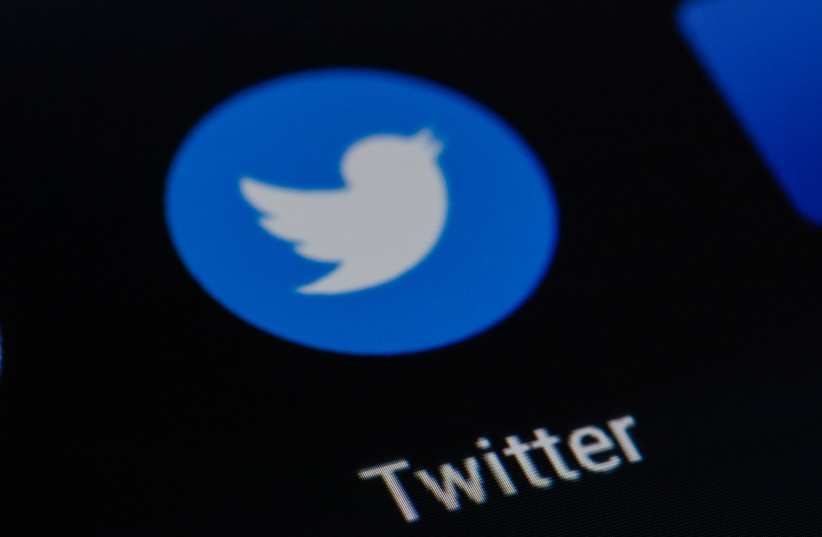Both the US Federal Bureau of Investigation (FBI) and the Department of Homeland Security (DHS) acknowledged that social media platforms are not doing enough to combat extremist behaviors online.
An investigation conducted by the Senate Homeland Security Committee alleged that several US government agencies and privatized companies have not taken necessary actions to combat rising threats of domestic terrorism online.
The probe states that FBI, the DHS and even leading social media companies like TikTok, Twitter, and Meta are not appropriately addressing the constant threat of domestic terrorism.
This report specifically focuses on online threats from white supremacist and antigovernmental extremists.
Though the FBI has identified several threats to the online community in recent months, specifically with the publishing of the October 2022 report, Strategic Intelligence Assessment and Data on Domestic Terrorism, their actions are not closely aligning with their practices. This Senate special committee identified a clear disconnect between agencies and social media platforms, and the online protection policies they promote.

The FBI's terrorism subsection online lists online threats as a clear and present danger.
"Once the genie is out of the bottle, sometimes you can't put it back in."
Senator Gary Peters, D-Mich.
"Lone offenders: Terrorist threats have evolved from large-group conspiracies toward lone-offender attacks. These individuals often radicalize online and mobilize to violence quickly. Without a clear group affiliation or guidance, lone offenders are challenging to identify, investigate, and disrupt. The FBI relies on partnerships and tips from the public to identify and thwart these attacks," they wrote.
Sen. Gary Peters (D-Michigan), said that if the FBI and social media platforms aren't actively tracking counterterrorism data, they likely weren't using it. “If they’re not tracking it, it’s likely they are not prioritizing our counterterrorism resources to effectively counter this threat.”
Companies profiting off of extremist behavior online
This Senate committee went as far as to accuse both government agencies and social media platforms alike from profiting off of extremist behavior online. "The business models of the four companies the Committee examined - Meta, TikTok, Twitter, and YouTube - are based on maximizing user engagement, growth, and profits, which incentivizes increasingly extreme content."
They specifically cited that these platforms are not doing enough to block the extreme postings from the get-go. "The problem with that is that once the content is out, particularly if it's particularly provocative, it can spread very quickly," Sen. Peters said. "Once the genie is out of the bottle, sometimes you can't put it back in."
The report also highlights that white supremacist extremists pose a primary threat among all domestic violent extremists.
"Domestic terrorism, and in particular white supremacist and anti-government extremists, continues to pose a persistent and lethal threat to homeland security," the report stated. "This investigation found that the federal government -- specifically DHS and FBI -- is not adequately addressing this growing threat."
The two federal agencies are expected to appear before the Senate committee in the coming weeks to come to a solution.
